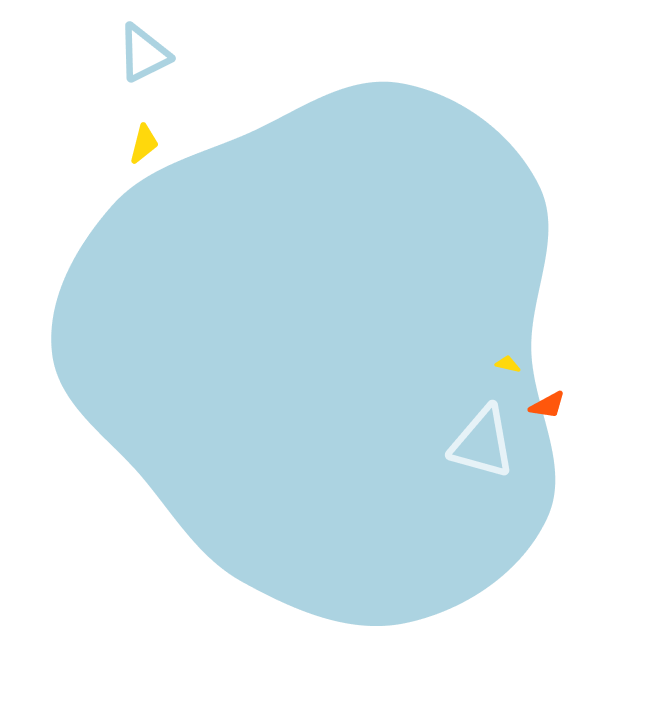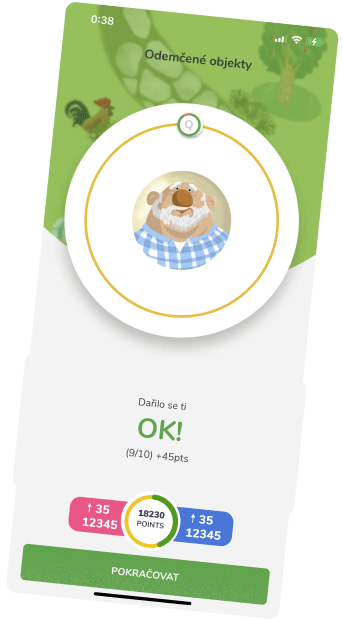Decoding U.S. Education Terms from High School to Higher Ed
The end of summer marks the beginning of school for many. It’s still noticeable in traffic patterns, restaurants, cafes, buses, trams, metros, and on the streets.
It’s not just about attending classes and taking exams. There is a rich tapestry of cultural and unique language phrases.
If you’re learning a new language, it’s a great subject to learn and talk about. In this guide, we look at the most common phrases that distinguish the American education system with comparisons to the Czech Republic, France, Mexico, and Italy.
Understanding the common US phrases and how they may or may not be similar provides you with the background to ask questions and make new friends.
High School
Freshman, Sophomore, Junior, Senior Years: Students will often refer to themselves as “I am a Freshman (Sophomore, Junior, Senior)” to designate what year they are attending. Freshman is year one, Sophomore is year two, Junior is year three, and Senior is the last year.
Czech Republic: Students move through 'gymnázium' typically from age 12-19 without specific (Latin) terms for each year level.
France: High school years are named as 'Seconde' (second), 'Première' (first), and 'Terminale' (terminal/final).
Mexico: 'Secundaria' is the equivalent of junior high, and 'Preparatoria' or 'Bachillerato' serves as senior high, usually comprising three years.
Italy: High school (liceo) spans five years, labeled as ‘primo’ to ‘quinto’ (first to fifth).
Homecoming: In the fall, this celebratory week is marked by a football game, parades, and a dance. It's a cultural event without a direct counterpart in many European nations. It’s a cultural big deal as students talk about the event and friends want to know “Who are you taking to homecoming?” which means who will be your date to the Homecoming Dance.
Prom: Usually in the Spring, this is the year’s gala event that most students eagerly await in their final high school years. Students are known to buy or rent their tuxedos or ball gowns, rent limousines, and make dinner reservations at fancy restaurants.
Czech Republic: Known as ‘Maturitní ples’, it's a ball for students who are about to take their 'Maturita' (final exams) in the last year of gymnázium. Any gymnázium students from the same school can join though.
France: No direct equivalent, but the 'Bals de Finissants' comes close, especially in the final year.
Mexico: 'Fiesta de Graduación' serves as a graduation party.
Italy: ‘Festa di Maturità’ celebrates the end of the liceo years.
Varsity: “I made the varsity team” refers to the student’s selection to a team sport. Exclusive to American schooling, this denotes the main team in any high school sport, underlining the significant role of sports in U.S. schools. In the Czech Republic, France, Italy and Mexico, sports may or may not be integrated into the school schedules, policies and budgets as it is in the US.
College/Universities
Undergrad or Grad: When someone asks “What are you studying?”, the reply is not just about the subject, but your level, as an undergraduate or a graduate student. ‘Undergrad’ refers to studies for a Bachelor's Degree, while ‘grad’ is about studies for a Masters or Doctorate Degree.
Czech Republic: 'Bakalářský' (Bachelor) and 'Magisterský' (Master) degrees.
France: 'Licence' (Bachelor) and 'Master'.
Mexico: 'Licenciatura' (Bachelor) and 'Posgrado' (Graduate studies).
Italy: ‘Laurea’ (Bachelor's) and ‘Laurea Magistrale’ (Master's).
Registrar: “I’ve got to go to the Registrar’s Office” usually means the person needs to talk to someone about their student records or course enrolments. Though similar in function, it has a different name in other countries.
Czech Republic: 'Studijní oddělení' (Study Department).
France: 'Secrétariat des étudiants' (Student Secretariat).
Mexico: 'Oficina de Registro' (Registration Office).
Italy: ‘Segreteria studenti’ (Student Secretariat).
Credits: “How many more credits do you need to graduate?” is often a question that friends ask each other. Why? Because courses in the U.S. have 'credit' values, which need to add up to some amount in order to graduate. While other countries might employ a similar system, the term 'credit' can have different values and importance related to graduation requirements.
Czech Republic: Use a credit system similar to ECTS.
France: Uses 'crédits' under the ECTS system.
Mexico: 'Créditos' refers to the value of a course, but the weighting can differ from the U.S.
Italy: Operates with ‘crediti’ or CFU, under the ECTS system.
Fraternities/Sororities (Greek Life): You might hear a student say, “I live on Greek row” which means they live in a fraternity or sorority house with other students. A fraternity or sorority is a student organization, but is unique for its social status ranking, philanthropy and its subculture within the college or university. While offering strong social ties and support during the school year, relationships often go beyond graduation. Even though other countries have various kinds of organizations for students, there is no similar equivalent to a fraternity or a sorority.
Dean's List: “I made the Dean’s list” means that a student has among those students with the highest academic excellence and is recognized by companies and organizations as the highest level of performance at the university or college. Other countries have similar types of recognition.
Vocational Schools
Trade Schools: “I go to VoTech” is short for “I am going to a vocational educational school.” A trade school is distinct from colleges or universities with a focus on specific professions, from plumbing to culinary arts. Other countries have similar schools but with different names.
Czech Republic: 'Odborná škola' focuses on specialized training.
France: 'Lycée professionnel' offers vocational training.
Mexico: 'Escuela técnica' or 'Instituto técnico' provides technical and vocational education.
Italy: ‘Istituto tecnico’ offers specialized education in technical fields.
Associates Degree: “I’m studying for an associates degree” refers to a two-year program at a city’s community college which contrasts to the longer bachelor programs or shorter diploma courses in other nations.
Czech Republic: No direct equivalent, though there used to be something called “středoškolská nástavba” in the past.
France: A 'Brevet de technicien supérieur' (BTS) or 'Diplôme Universitaire de Technologie' (DUT) might be close, emphasizing practical training.
Mexico: 'Técnico Superior Universitario' (TSU) is a higher technical degree that spans around 2-3 years.
Italy: No direct equivalent, though shorter diploma courses do exist.
Continuing Education Units (CEUs): “I’m going to a continuing ed class tonight” refers to classes where professionals earn CEUs to update their skills. For some professions, CEUs can be required to keep a professional standing. While continuous learning is global, CEUs are a particularly American way of quantifying it.
Czech Republic: Celoživotní studim is encouraged but not quantified in CEUs.
France: Continuous professional development is integral but not termed as CEUs.
Mexico: Constant learning is vital in professions but not standardized as CEUs.
Italy: Lifelong learning (‘apprendimento permanente’) is emphasized, though not necessarily in the CEU format.
Conclusion
The mosaic of U.S. education is dotted with unique terms that, when understood, unlock deeper cultural insights. Talking to and learning about a person’s education, you’ll quickly be faced with sharing and understanding the similarities and differences. Whether you're a student, educator, or a curious observer, remember that these phrases are windows into the education system that is there to support your life’s dreams and ambitions.



















